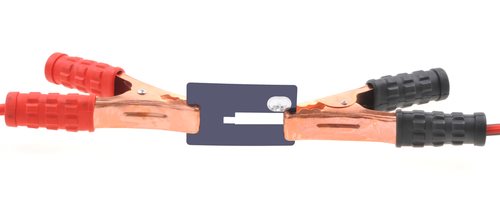All You Need to Know About Credit Repair
Credit Repair
Credit repair refers to the process that an individual undertakes to alleviate him or her from mounting debts. Individual consumers incur these debts, most often, through an overextension of leverage; they simply spend more on credit than they generate through income.
When this occurs, the interest rates and fees attached to their credit card agreements multiply to the point where the amount owed becomes unmanageable. If a person experiences this, credit repair is a necessity; mounting credit card debts will negatively affect one’s credit rating, which in turn, will impede an individual from obtaining a loan or a credit card in the future.
Types of Credit Repair Procedures:
There are numerous ways to initiate a credit repair procedure, the most basic of which, is to consolidate your loans. This process enables you to pay off your debts through one fixed payment. In addition to consolidation, a basic credit repair process involves the formulation of a stringent budget.
Individuals often face mounting credit card debts because they don’t budget their money properly. The creation of a budget will ensure that credit card debts remain reasonable.
In addition to personal approaches, an individual can initiate credit repair through the inclusion of a credit counseling agency. These organizations will provide educational resources on how to properly balance one’s debt. A credit counseling agency will also work with the individual’s lenders to create repayment plans that are more feasible.
Aside from incorporating a credit counseling service, an individual can engage in credit repair by filing for bankruptcy. In most cases, filing for bankruptcy is a last resort form of credit repair. That being said, credit card bankruptcy will, in essence, clear an individual’s credit history after a few years.

As stated before, credit repair is vital for those individuals facing mounting debts, because a poor credit score will prevent an individual from obtaining any source of financing in the future, including mortgages, credit cards with favorable terms, personal loans, leases and in some cases employment.
Credit Card Bankruptcy Defined:
Credit card bankruptcy is a program that offers a financial resolution or settlement for those individuals who exceed their ability to repay debt obligations through the overuse of a credit card. The individual in these situations exceed their ability to repay their debt obligations as a result of their overextension.
Credit card bankruptcy is an alternative payment plan used when an individual’s credit card debt greatly exceeds their income or savings. Bankruptcy is a formal/legal way to recreate a fresh financial structure. After filing for credit card bankruptcy the individual possesses the opportunity to discharge certain debt--this simply means that credit card bankruptcy removes the individual’s legal obligation to repay their credit card debts.
Credit card bankruptcy offers legal authority to discharge all debts associated with credit card-use. When an individual defaults on his/her credit card payments, credit card bankruptcy will enable the individual to restructure their repayment obligations. The debt is therefore legally forgiven and for practical purposes disappears.
Types of Credit Card Bankruptcy
Chapter 7: Chapter 7 bankruptcies are referred to as liquidation bankruptcy because the individual’s net worth is liquidated; this in essence ‘wipes the slate clean’ and enables the individual to re-build his or her credit profile. The majority of the individual’s property is sold and all of their debt is discharged in relation to their total net worth. The funds obtained from liquidation are thus used to pay off the outstanding card debts.
Chapter 13: As oppose to liquidating assets, Chapter 13 bankruptcy creates a debt repayment plan for the individual. The individual, through the creation of the repayment plan, will make monthly payments to their local bankruptcy court each month. The bankruptcy court then pays the individual’s debts according to their repayment plan.
How to file for Credit Card Bankruptcy
The process required for filing for bankruptcy is relatively simple. After determining that bankruptcy is the most beneficial course of action, contact a bankruptcy lawyer and initiate a strategy based on your particular credit profile. When you have decided which type of bankruptcy to file for, the lawyer will contact the local court system and develop either a repayment plan or begin the liquidation process.